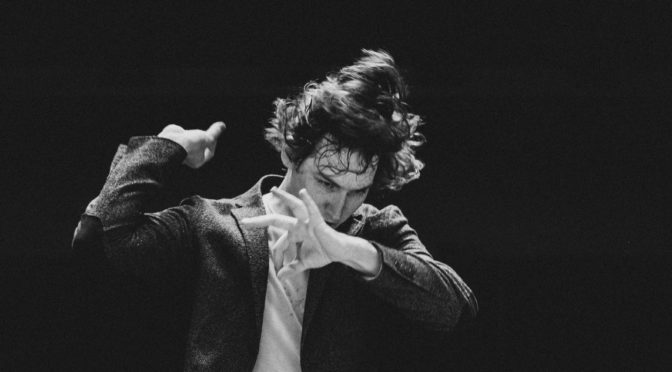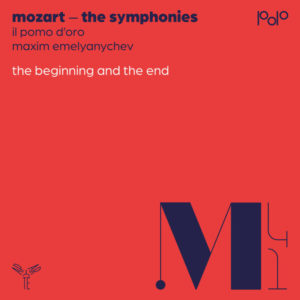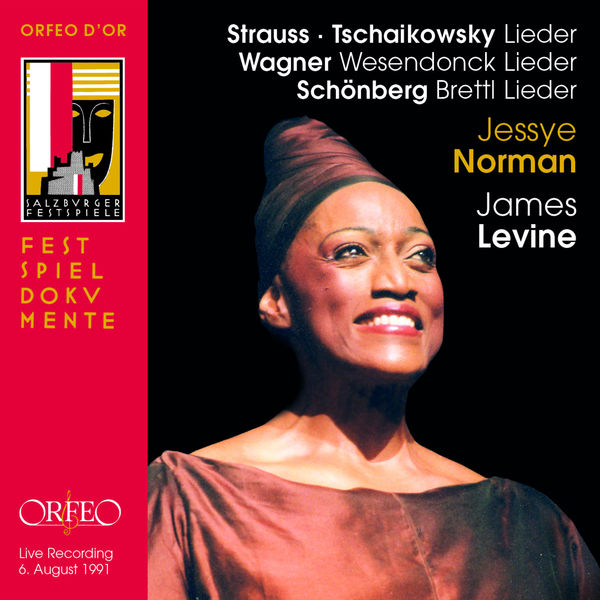Ce jour,
découverte d’un passionnant CD « Vers la flamme » de Severin von Eckardstein _ le CD CAvI-Music 8553531 ; regarder et écouter (en allemand) ici le trailer de présentation de ce CD (d’une durée de 5′ 45) par l’interprète lui-même, quasi timidement et d’une voix douce… _ avec surtout un somptueux, très impressionnant, et radieux Opus 111, la 32e Sonate pour piano, en ut mineur, de Beethoven…
…
…
Cf, notamment, ce commentaire déjà significatif il y a deux jours, et sous le titre de « Transsubstantiation« _ entre l’interprète à son piano et les successifs compositeurs à l’œuvre (dont lui-même pour une brève Improvisation de 3′ 26…), probablement… _, de Jean-Charles Hoffelé sur son site Discophilia :
…
…
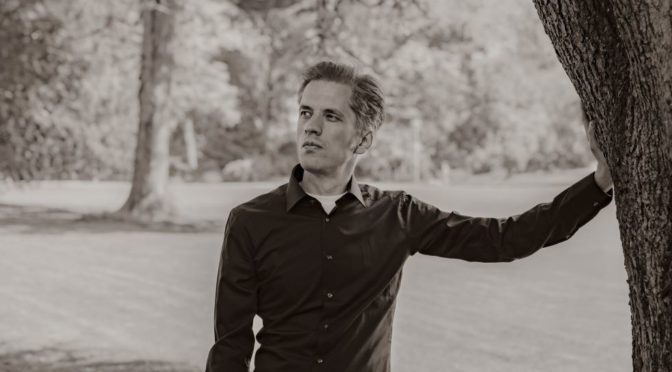
Autour de l’Opus 111, qui est un monde en soi _ c’est formidablement juste ! Quelle splendissime œuvre finale de Beethoven au piano !, déjà… _, Severin von Eckardstein organise une savante cosmogonie qui vécut d’abord comme programme de concert. Après l’épreuve de la scène, l’un des plus saisissants maîtres contemporains de l’instrument _ rien moins ! _ sera donc entré au b-sharp Studio de Berlin pour confier aux micros de Martin Kistner ce voyage équilibré entre deux pôles d’une même amplitude, l’ultime Sonate de Beethoven et son échappée cosmique, le propre arrangement par l’artiste _ en effet ! _ du moins idéalement pianistique des poèmes de Richard Strauss, Tod und Verklärung.
…
…
Pour le second pari gagné, l’élévation spirituelle encore un peu lisztienne du premier thème, le grand macabre de l’agonie où le pianiste fait entrer tout l’orchestre dans son piano, sont, sous son œil, saisissants _ voilà. Pour l’Opus 111, dès le Maestoso, le ton prophétique, puis l’éther _ génialissime _ de l’Arietta, proclament qu’il est peut-être temps pour lui, qui est si peu l’homme des intégrales, d’embrasser _ il en a la puissance comme titanesque, lui pourtant timide en sa parole… _ tous ces mondes que _ le titanesque explorateur en sa composition-création _ Beethoven a réuni dans un univers.
…
…
Mais le piano ! Ce Bechstein _ D 282 _ à l’aigu à la fois criard et palot qui dépare les dernières mesures de Vers la flamme, il ne le transcendera vraiment que dans les proclamations et les anges rugissants du Regard de l’Eglise d’amour ou dans son improvisation méphistophélique qui semble répondre à Messiaen. Parfois trop d’idées nuisent à la musique.
…
…
LE DISQUE DU JOUR
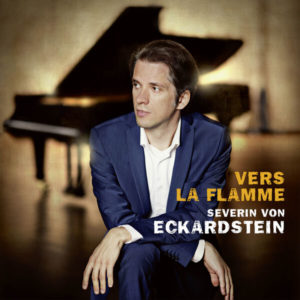 Vers la flamme
Vers la flamme
…
…
Alexandre Scriabine
(1872-1915)
…
Vers la flamme, Op. 72
…
…
Richard Strauss (1864-1949)
…
Tod un Verklärung,
Op. 24, TrV 158 (arr. pour piano seul : Eckardstein)
…
…
Olivier Messiaen (1908-1992)
…
Regard de l’Eglise d’amour
…
…
Severin von Eckardstein (né en 1978)
…
Improvisation
…
…
Ludwig van Beethoven (1770-1827)
…
Sonate pour piano No. 32 en ut mineur, Op. 111
…
…
Severin von Eckardstein, piano
…
Un album du label CAvi-Music 8553531
…
Photo à la une : le pianiste Severin von Eckardstein – Photo : © Irène Zandel
…
…
Mais quel somptueux, radieux et tout à fait irrésistible Opus 111, nous est donné ici !..
…
…
Ce jeudi 21 décembre 2023, Titus Curiosus – Francis Lippa
…
…
Post-scriptum :
…
…
Voici aussi le texte (en anglais) qui accompagne le trailer de présentation de ce CD par Severin von Eckardstein lui-même :
…
…
In this album I combine several important works from different eras that poignantly address the transition from the earthly to the transcendent _ tel est ainsi le propos. The title of the album is based on Scriabin’s small composition « Vers la flamme« . This work is contrasted with my arrangement of Richard Strauss’ orchestral work « Tod und Verklärung« , Messiaen’s « Regard de l´Eglise d’amour » and an improvisational transition _ par Severin von Eckardstein lui-même _ to Beethoven’s Sonata op. 111.
…
Scriabin had a fascination with “fire” and often used it as an image of how one should experience art. In his opinion, every musical event should trigger a kind of “firestorm” that leads people to salvation. What’s particularly exciting for me as a pianist is that Scriabin writes few dynamic symbols into the score, and he basically gives the pianists a lot of freedom _ voilà. That’s why I decided to record the ending “pianissimo”. This logically develops directly from Scriabin’s message : After an outsized power of sound in the introduction to the finale, Scriabin slowly begins to reduce this dense, powerful earthly resonance. To loosen the grounding…
…
I see Beethoven’s last sonata as the work of an old man who is marked by life and who at the same time draws a final conclusion from it _ oui. The work appears to be age-related and therefore quite compact and authoritative _ en effet. On the other hand, it was precisely through this deep gray seriousness and mercilessness that Beethoven reached a point at which he suddenly freed himself _ voilà _ from his typical objective monumentality _ oui _ and, almost unintentionally – or at least intentionally, we don’t know – granted a deep insight into him as a human being. It seems to me like a fusion of the personal and the impersonal on a higher level. That’s exactly what I’m trying to achieve in terms of sound. It is about inner distance and yet a compact, uncompromising access.
…
For Strauss, unlike Beethoven, it is not about sublimity, but about earthly struggle, about extreme situations. In the orchestra there are these strongly energetic Sturm und Drang phases and then this sudden collapse. This is all very clearly described. It is dark and tragic, these are elements that particularly appeal to me. I like these obscure tones on the piano. With this transcription I wanted to add something very personal of myself _ voilà _ to this program.
…
Messiaen fascinated me from the start with his natural but never aggressive sound power. Similar to Beethoven, even in the 20th century he was able to use an universal, almost impersonal sound language to create a large, clear space in which cardinal human emotions could unfold unadulterated. The “Contemplation on the Church of Love” is a mental condensation of the previous cycle. Almost like Mahler, the piece begins with a depiction of the rough, primal elements of nature and their anarchy, but at the same time under the control of a benevolent superior power (may it be God), from which an indescribable pull emanates, into which we humans can almost let ourselves fall. You can feel right from the start that the chaotic image already has a huge unifying force that continues to assert itself.
news and informations automotive,business,crime,health,life,politics,science,technology,travelautomotive,business,crime,health,life,politics,science,technology,travel



